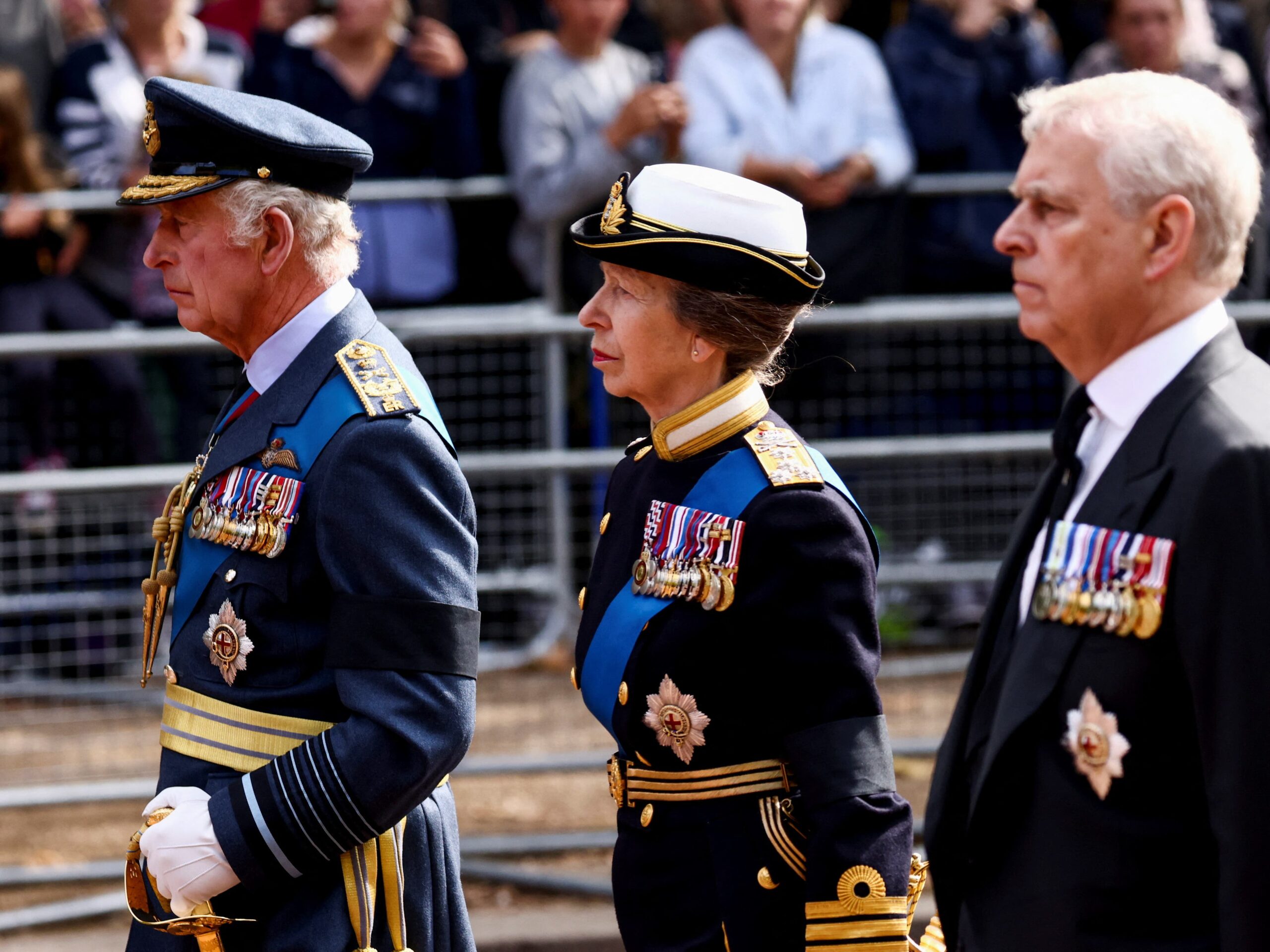Allegations have emerged suggesting that Prince Andrew Mountbatten Windsor consistently declined to endorse statements supporting survivors of abuse. This claim has been made by a friend of the prince, further complicating his already controversial public image.
The accusations come at a time when the royal family is under increased scrutiny regarding its handling of sensitive issues, particularly those related to abuse and accountability. The friend, who spoke on condition of anonymity, indicated that Andrew regularly refused to sign off on documents that could have supported survivors in their efforts for justice.
Several sources close to the matter have expressed concern over the implications of these claims. Supporters of abuse survivors argue that public figures have a responsibility to lend their voices to such critical issues. They believe that the refusal to support survivors can perpetuate a culture of silence and stigma surrounding abuse.
Context of the Allegations
These claims are particularly significant in light of the broader conversation surrounding abuse and accountability within institutions. The royal family has faced intensified criticism in recent years, particularly regarding its associations with individuals accused of misconduct. The situation poses challenging questions about the responsibilities of public figures when it comes to advocating for vulnerable populations.
Survivors and advocates argue that endorsements from prominent figures like Prince Andrew could play a vital role in empowering those affected by abuse. The failure to support such initiatives is seen by many as a missed opportunity to foster healing and encourage dialogue on these crucial issues.
Public and Media Reaction
The allegations have already sparked reactions across various media platforms. Many commentators have noted the potential impact this could have on Prince Andrew’s already tarnished reputation. Public sentiment around the royal family continues to evolve, with many calling for greater accountability and transparency.
As the story develops, it remains to be seen how the royal family will respond to these claims. The friend’s statements may add pressure on Andrew to clarify his position and actions regarding support for abuse survivors.
The situation underscores the ongoing struggle for survivors seeking recognition and justice. In a time when many institutions are being called to account for past actions, the royal family’s response to such allegations will be closely monitored by both the public and media alike.
The dialogue surrounding abuse survivors is complex and multifaceted. It raises essential questions about support, accountability, and the role of influential figures in addressing these critical issues. As more information emerges, the implications for Prince Andrew and the royal family will likely continue to unfold, shaping the narrative of this ongoing story.







